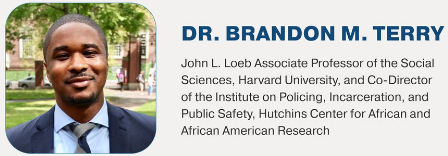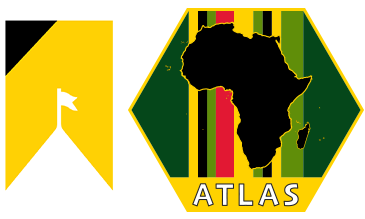
In the early 1960s, Malcolm X famously criticized the philosophical and political bases of the African American “civil rights” movement, calling instead for a turn to what he called “the level of human rights” and redress through the United Nations rather than the U.S. federal government. This lecture seeks to understand the political and philosophical contradictions of Malcolm’s internationalism by placing its surprising mix of revolutionary liberalism and anti-imperialist nationalism in productive tension with earlier African American internationalisms, especially efforts at “worldmaking” through the United Nations. Recovering the important philosophical differences within oft-collapsed accounts of “black internationalism,” the lecture takes stock of the different philosophical justifications for engaging the politics of global governance by W.E.B. Du Bois and William Patterson. Taking seriously these distinctions as central to the careful study and reconstruction of black political thought, I consider the lessons that Malcolm’s trajectory portends for contemporary efforts to connect aims of global justice and peace to African American struggles for racial justice.
This event will be held in a hybrid format both in-person and online from 2:00-3:30pm ET on October 23, 2024.
